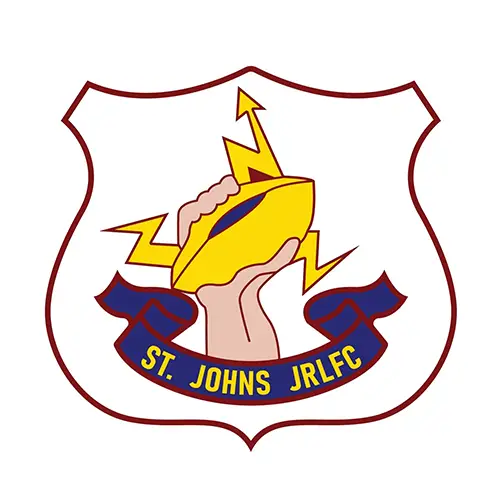Joint, muscle and tendon pain or injuries.
Whether you’re recovering from an injury, procedure, or illness, or managing a chronic condition, we tailor every session to suit your needs. We take the time to listen, give you our full attention, and never double-book appointments, so you always feel supported and cared for.
With a fully equipped gym for rehabilitation and spacious, comfortable consultation rooms, your wellbeing and privacy are always our top priority.
Joint, muscle and tendon pain or injuries.
Soft tissue injuries, joint injuries, fracture management.
Fracture management, pre and post operative knee, hip, ankle or shoulder surgery, arthritis management.
Low back pain, disc injuries, neck pain and stiffness, muscular pain.
Knee, ankle, shoulder and wrist injuries and muscle strains.
Low back pain, neck pain, arthritis and tennis elbow.
Hand Therapy: for finger, hand or wrist pain and injuries, including diagnosis, post-surgery management, thermoplastic splinting and casting
Age-related changes such as reduced strength, slower reflexes, and balance issues, certain health conditions, people who have had a previous fall.
Your therapist will work with you to create a personalised treatment plan based on a thorough assessment of your condition and needs.
Your physiotherapist will take the time to get to know you, talking through your medical history, current symptoms, lifestyle, and any concerns. This helps them understand how your condition affects your life and what’s most important to you.
Through gentle, hands-on checks of your posture, joint mobility, muscle strength, and flexibility, your physiotherapist will pinpoint areas of discomfort or limitation, so your treatment is safe, effective, and tailored to you.
Together, you’ll receive a plan designed specifically for you. This might include hands-on therapy, exercises, and practical tips to reduce pain, improve movement, and support your overall wellbeing.
You’ll be given simple, achievable exercises to do at home that complement your sessions. These are designed to help you build strength and confidence in your day-to-day life.
In follow-up sessions, your physiotherapist will track your progress, tweak your program as needed, and answer any questions, keeping you motivated, supported, and in control of your recovery journey.


In the spirit of reconciliation, Royal Rehab Group acknowledges the Traditional Custodians of Country throughout Australia and their connections to land, sea, and community. We pay our respects to their Elders past, present and future and we extend our respects to all Aboriginal and Torres Strait Island peoples.













